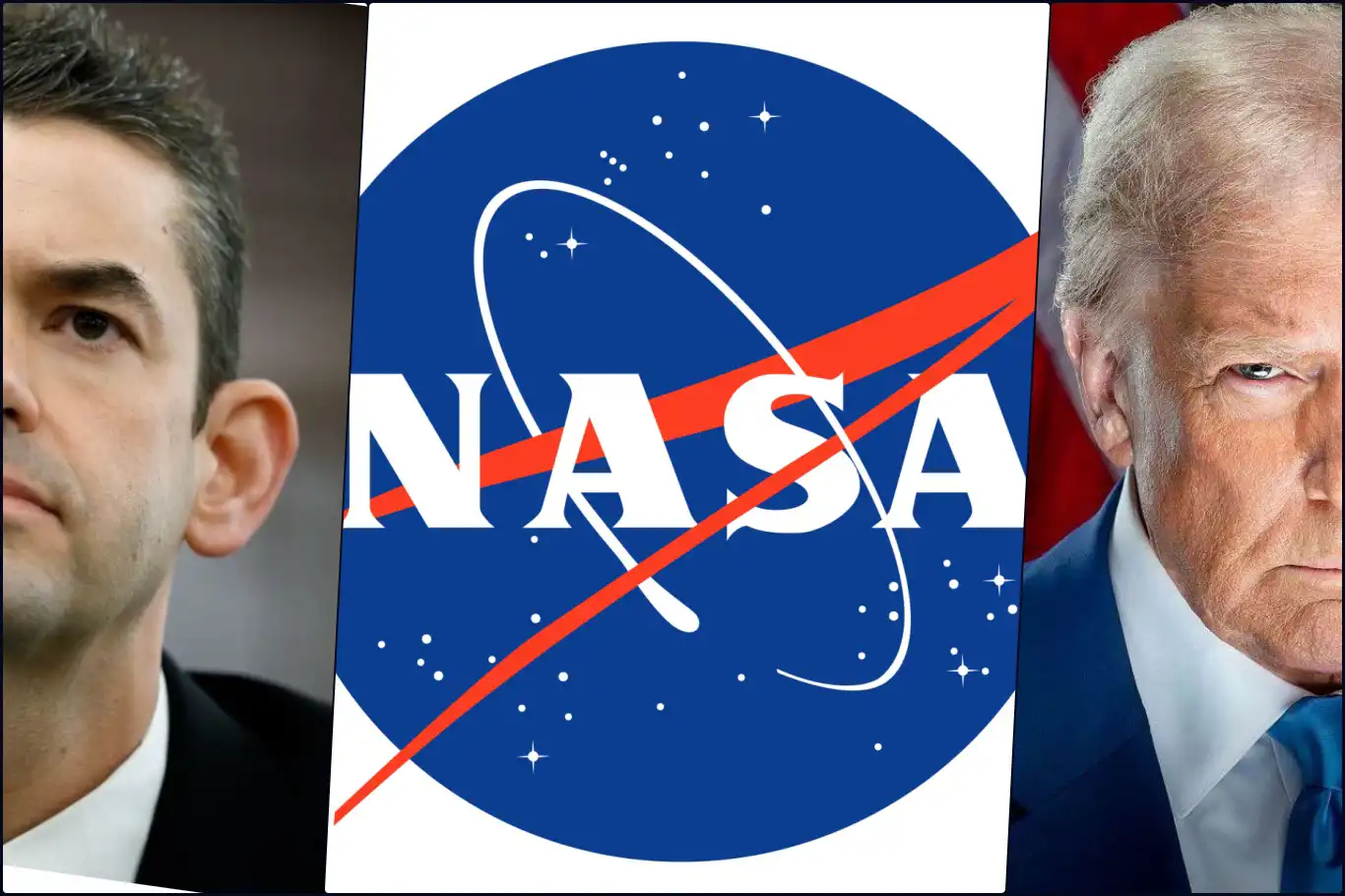Trump renominates billionaire Jared Isaacman to lead NASA


U.S. President Donald Trump has again nominated billionaire entrepreneur and private astronaut Jared Isaacman to serve as Administrator of NASA, a move that reignites debates over political favoritism, corporate influence, and the future direction of America’s space program.
The announcement was made late Tuesday on Truth Social, Trump’s preferred platform, marking the second time Isaacman has been tapped for the post. His previous nomination was withdrawn six months ago following a bitter dispute between Trump and Elon Musk, the SpaceX CEO and longtime associate of Isaacman.
“This evening, I am pleased to nominate Jared Isaacman — an accomplished business leader, philanthropist, pilot, and astronaut — as Administrator of NASA,” Trump wrote. He added that Isaacman’s “passion for space and dedication to advancing the new space economy” made him “ideally suited to lead NASA into a bold new era.”
The position requires confirmation by the U.S. Senate, where Trump’s Republican Party currently holds a 53–47 majority, making his approval likely if the party remains united.
In the interim, Sean Duffy, the U.S. Transportation Secretary, has been serving as acting NASA chief.
Isaacman, founder of Shift4 Payments, became a billionaire through the financial technology industry and gained fame as the commander of the first all-civilian space mission aboard a SpaceX Crew Dragon capsule in 2021. His close working relationship with Elon Musk and his role in several SpaceX missions have raised eyebrows among critics who see his appointment as another example of Musk’s growing influence in U.S. space policy.
Trump’s decision to renominate Isaacman comes as his administration seeks to align NASA’s priorities more closely with Musk’s long-term vision of human settlement on Mars, potentially diverting resources from NASA’s Artemis program, which aims to return astronauts to the Moon as part of a strategic competition with China.
While Trump and his allies celebrated the nomination as a move to “revitalize American leadership in space,” critics within the scientific and political community have expressed concern over the appointment.
“NASA risks becoming an extension of private space interests rather than an independent scientific and exploratory institution,” said Dr. Elaine Porter, a space policy analyst at Georgetown University. “Isaacman’s appointment signals a potential shift from research-driven exploration to profit-driven partnerships.”
Democratic lawmakers echoed those concerns, warning that Trump’s choice could “politicize” NASA and further blur the line between public science and private enterprise.
Senator Maria Cantwell (D-WA), a member of the Senate Commerce, Science, and Transportation Committee, said the move “raises serious questions about conflicts of interest” given Isaacman’s deep ties to Musk and SpaceX, one of NASA’s largest commercial partners.
Isaacman’s previous confirmation process stalled earlier this year amid divisions within the administration over whether to prioritize manned Mars missions — a long-term Musk goal — or the Artemis lunar program, which the U.S. views as a geopolitical counterweight to China’s rapidly advancing space ambitions.
“NASA’s mission is to explore space for the benefit of humanity, not to fulfill a billionaire’s vision board,” said Rep. Don Beyer (D-VA), another critic of the nomination.
Still, Isaacman remains a popular figure among commercial space advocates who argue that his experience as a private astronaut and investor could help bridge government and industry efforts in space exploration.
If confirmed, Isaacman would become one of the youngest NASA Administrators in history and the first with direct experience commanding a private spaceflight. His leadership is expected to define the trajectory of U.S. space exploration for years to come — potentially deepening the agency’s collaboration with private industry while drawing new scrutiny over political influence and the commercialization of space. (ILKHA)
LEGAL WARNING: All rights of the published news, photos and videos are reserved by İlke Haber Ajansı Basın Yayın San. Trade A.Ş. Under no circumstances can all or part of the news, photos and videos be used without a written contract or subscription.
The European Commission has imposed a €120 million fine on X (formerly Twitter) for multiple violations of the Digital Services Act (DSA), marking the first non-compliance decision issued under the landmark EU regulation.
Researchers at the University of Bradford in the United Kingdom are developing an advanced system that uses robot dogs to improve artificial intelligence–driven early wildfire detection.
People implanted with Elon Musk’s Neuralink brain chip can now operate robotic arms through thought alone, marking a new stage in the company’s brain–computer interface (BCI) trials as capabilities expand beyond controlling digital devices.
Türkiye has officially entered a new era in space technology with the successful deployment of FGN-TUG-S01, the country’s first orbital transfer vehicle (OTV), developed entirely with national resources by the Ankara-based aerospace company Fergani Space.